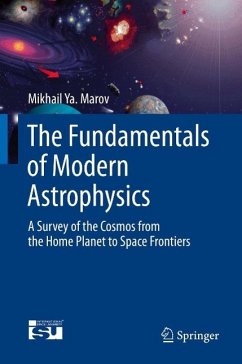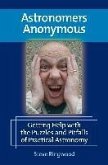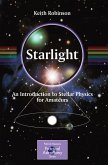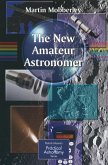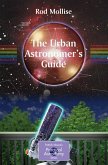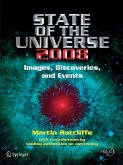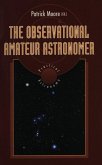Dieser Download kann aus rechtlichen Gründen nur mit Rechnungsadresse in A, B, BG, CY, CZ, D, DK, EW, E, FIN, F, GR, HR, H, IRL, I, LT, L, LR, M, NL, PL, P, R, S, SLO, SK ausgeliefert werden.
"This interesting book is addressed to people who want to have more insight of the space environment, from our home planet to the edge of the Universe. Topics are discussed in an accessible way, without any mathematical load which makes it accessible to many potential readers. A final section incorporating many additional references of interest is included for those who might need more in-depth detail." (Josep J. Masdemont, zbMATH 1332.85001, 2016)

